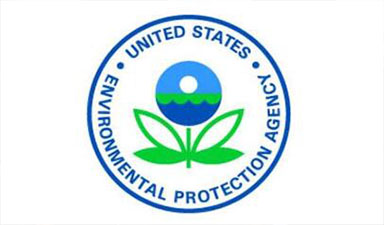Two California plastics companies are paying $35,000 to settle complaints from federal and local environmental agencies that they illegally discharged pellets into local waterways.
Recycler Double R Trading Inc. in City of Industry agreed to pay $23,326 and compounder Modern Concept Inc. in Compton agreed to pay $12,000, under settlement agreements announced May 16 by the U.S. Environmental Protection Agency.
EPA said inspections at both facilities in 2016 found inadequate containment measures for pellets, to keep them from being washed into local waterways in violation of the federal Clean Water Act.
We urge manufacturers to take the steps needed to keep plastic materials out of our waterways, where they harm marine organisms and birds," said Alexis Strauss, EPA's acting regional administrator for the Pacific Southwest. "This is but one action among many we can take to minimize the scourge of marine debris.
EPA said Double R Trading did not have adequate runoff controls at its recycling plant, and it said inspections discovered that the recycler had been previously operating a facility in Compton where it "was discharging industrial stormwater into Dominguez Channel without a required permit."
The agency said its inspectors "observed large amounts of exposed plastic materials and fragments spilled on paved surfaces throughout the facility" at Double R.
According to Double R's website, it has two bag and film manufacturing plants in China, and first established U.S. operations with a recycling plant for high density polyethylene milk containers in the Los Angeles area in 2013.
In 2017, it moved to the 60,000-square-foot City of Industry plant, where it can recycle more than 100,000 pounds of plastic a day.
In the case of Modern Concepts, EPA said the company also lacked proper controls to prevent pellets from getting into local waters.
EPA said both companies have corrected problems and returned to compliance. Neither company responded to a request for comment.
The inspections were coordinated with the Los Angeles Regional Water Quality Control Board.
"Trash in our waterways, including plastics, poses a significant threat to public health and wildlife," said Deborah Smith, executive officer of the board. "Addressing this water quality problem has been a top priority for the Los Angeles Water Board since 2001 to reduce the amount of trash being discharged to the Los Angeles River. This trash-reducing regulatory program was the first of its kind and has prevented tons of trash from entering the river."
(Resource comes from Plastics News by Steve Toloken)


